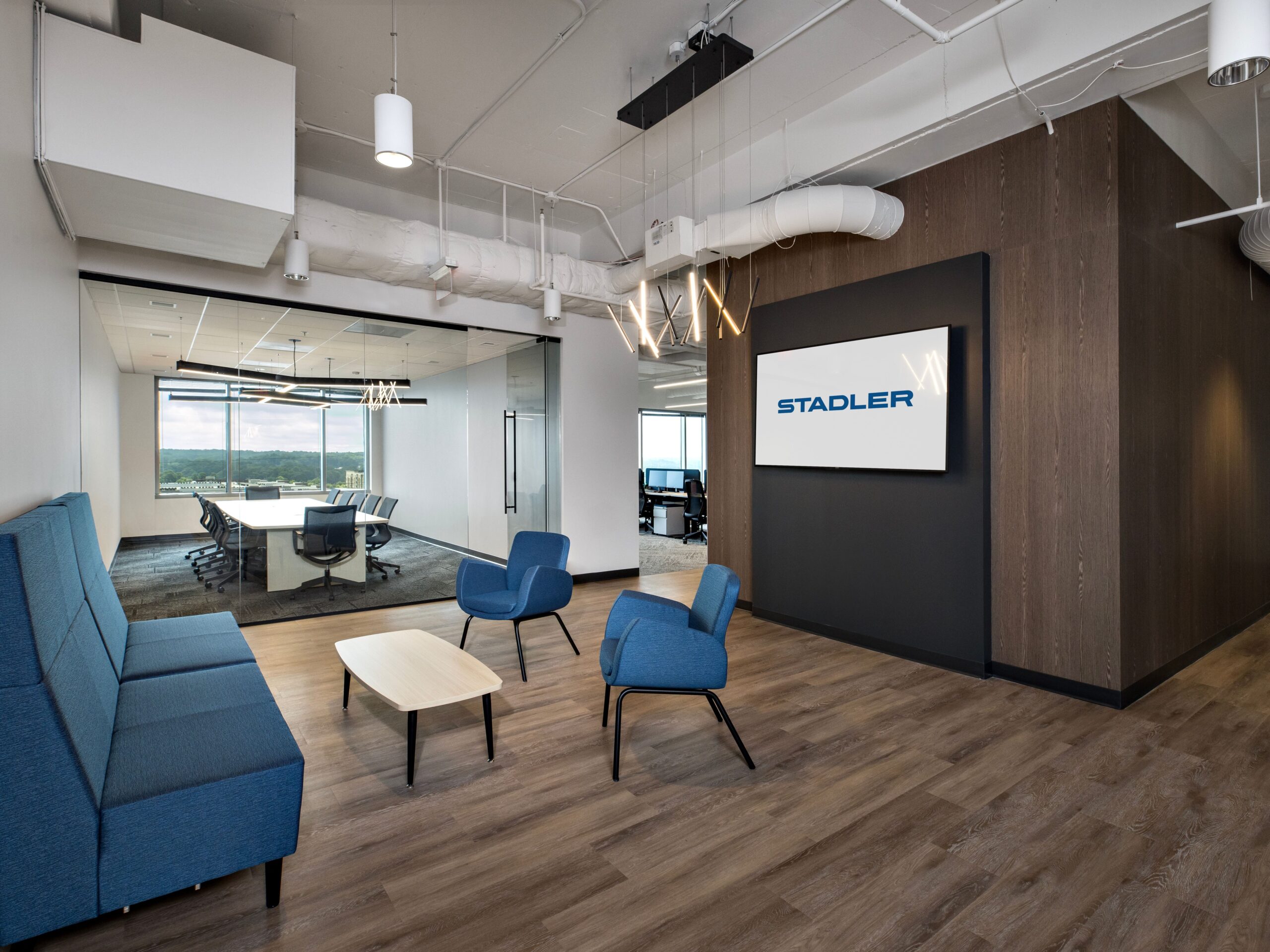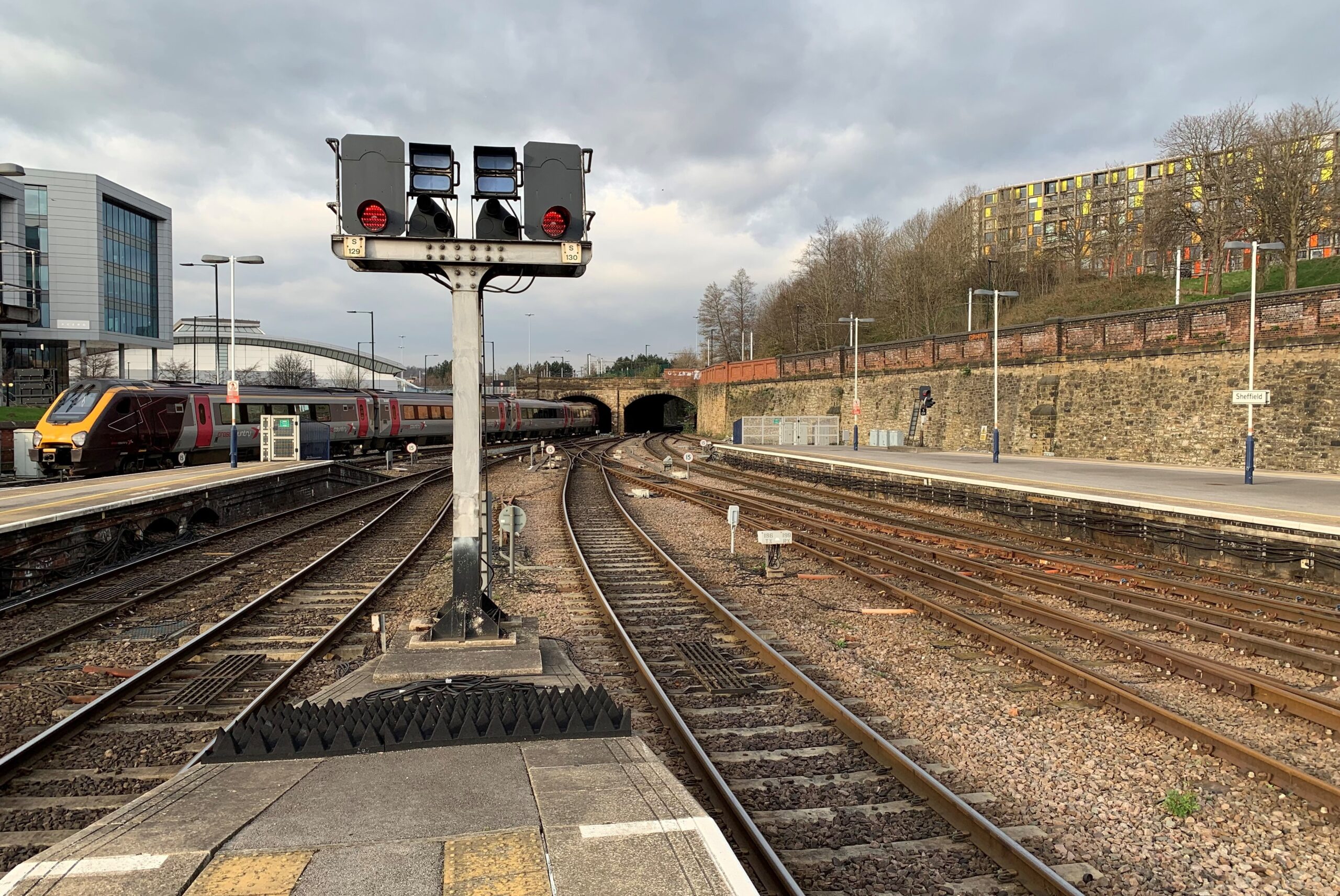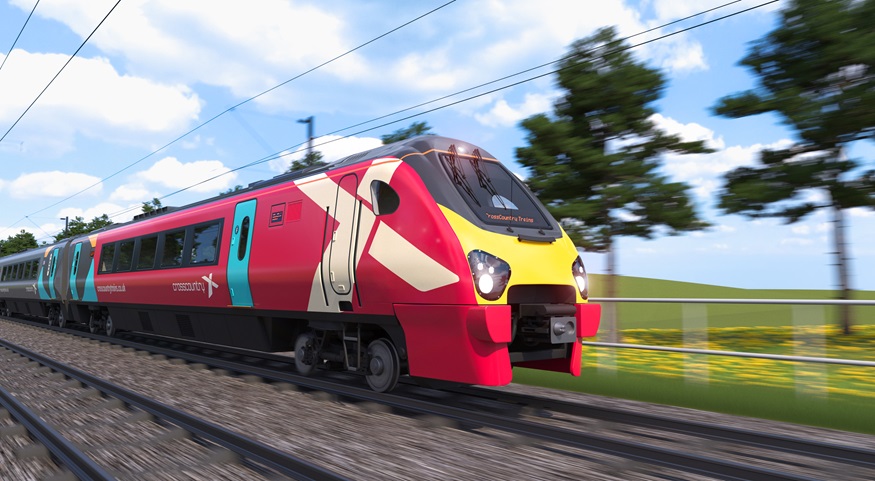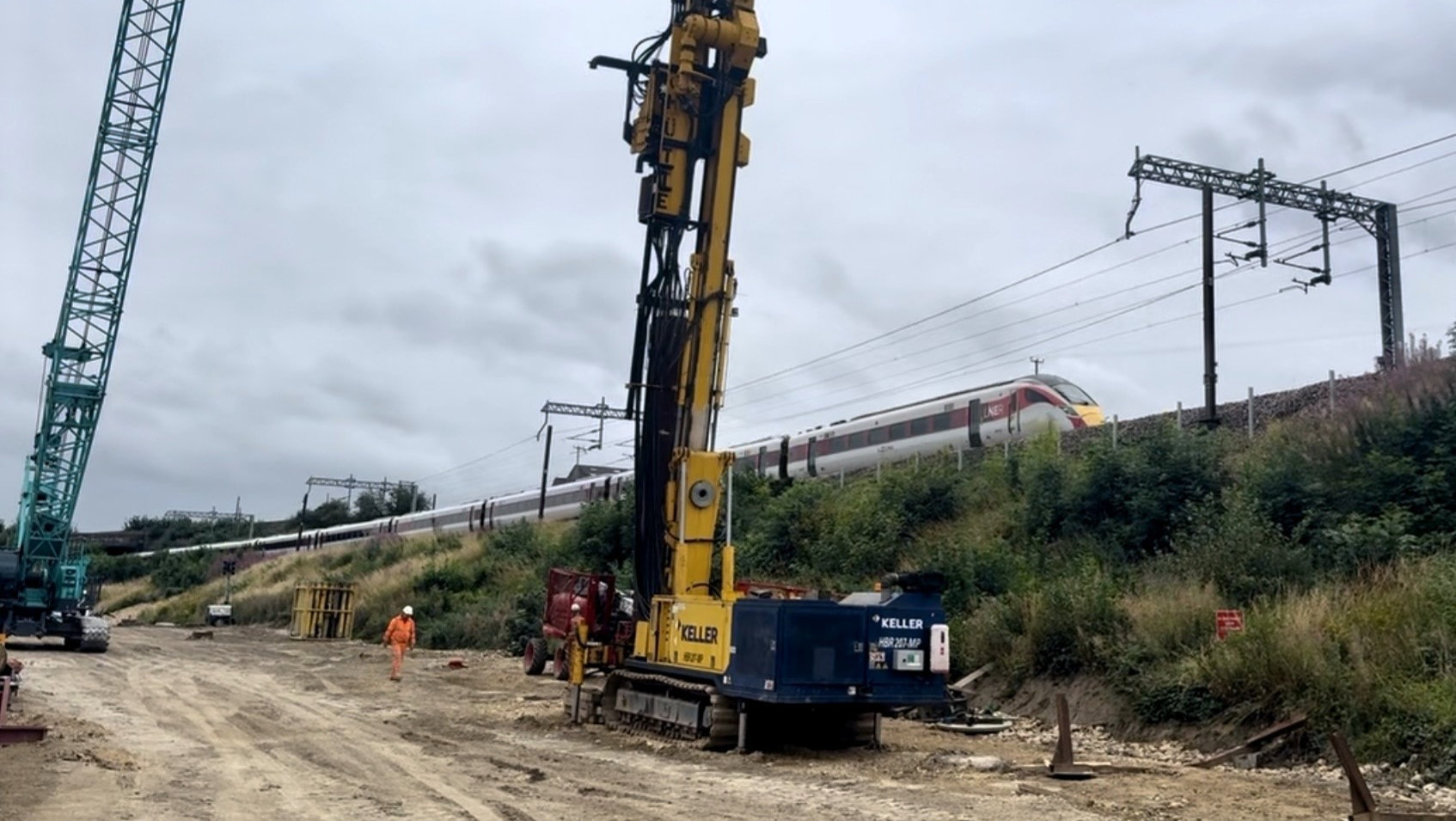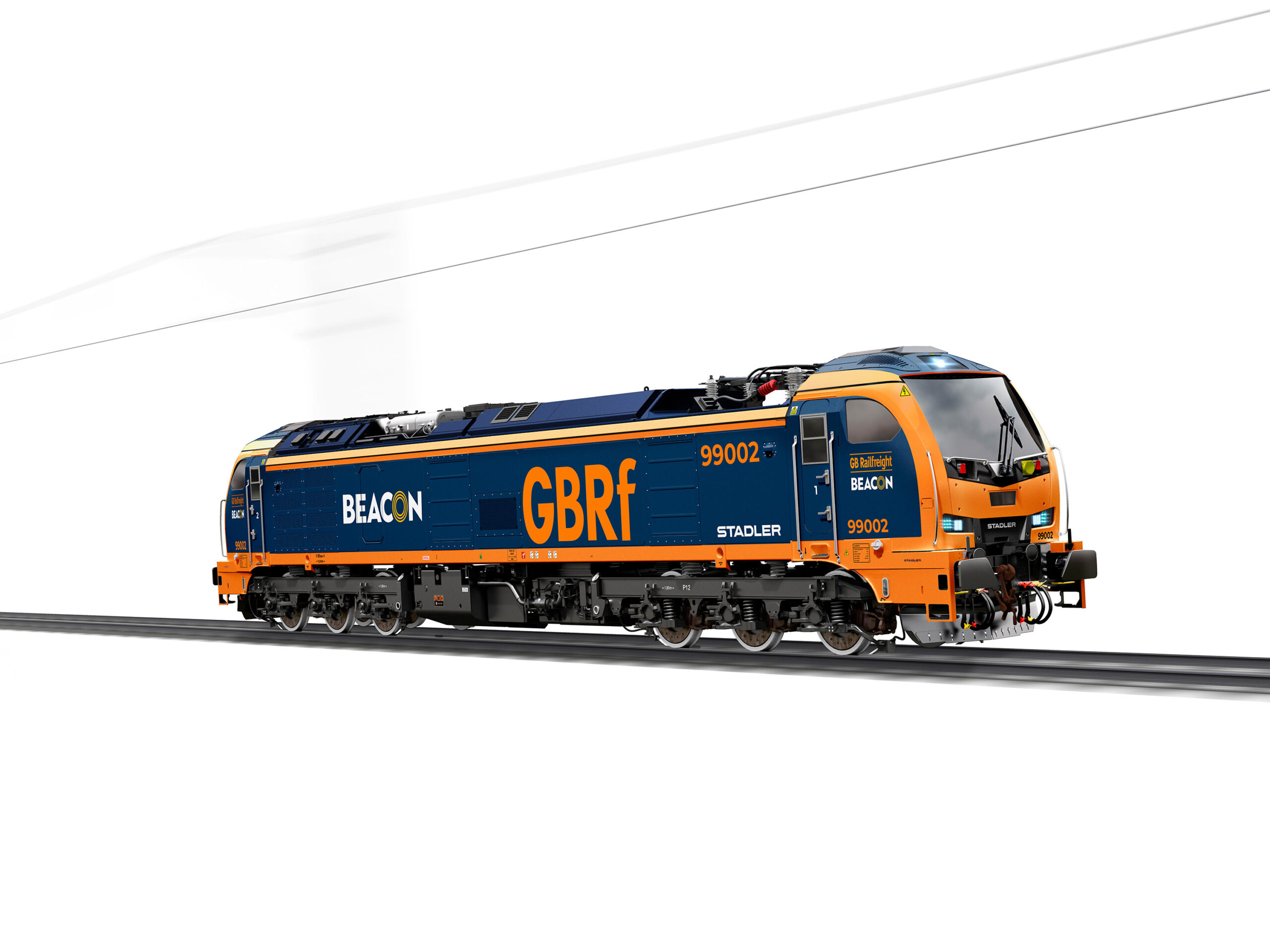Alstom has completed dynamic European Train Control System (ETCS) testing on Govia Thameslink Railway’s Great Northern Class 387/1 passenger train in the UK.
This milestone advances progress on introducing digital in-cab signalling to the UK’s East Coast Main Line.
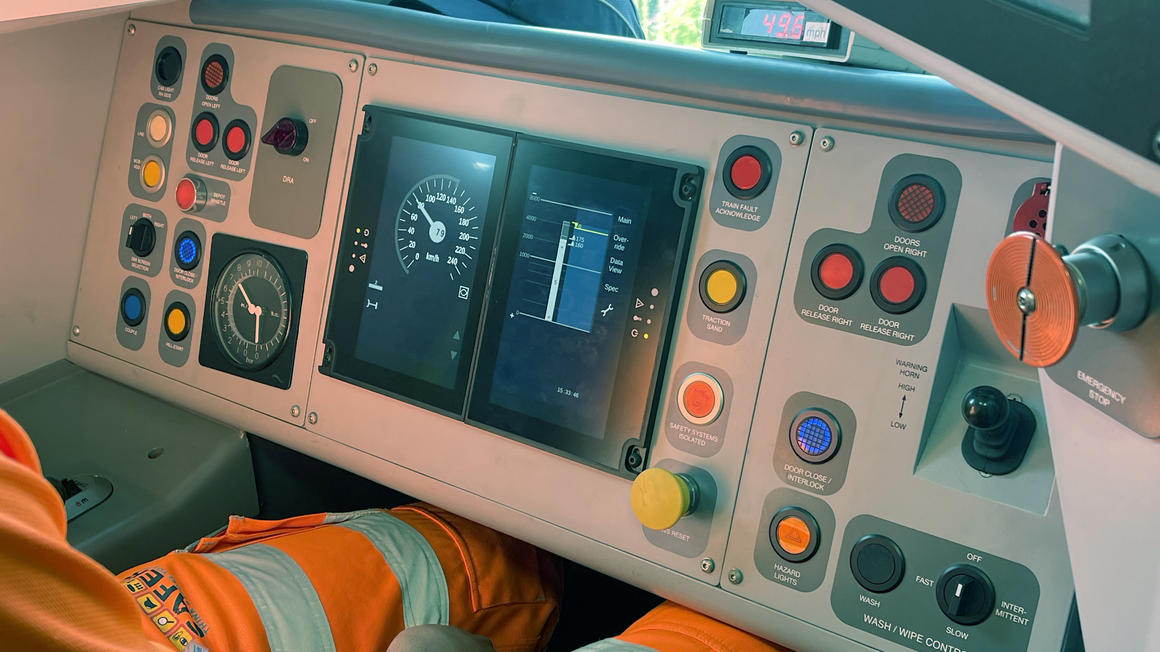
The dynamic testing involved retrofitting the Class 387/1 unit 387101 train with the ETCS.
This train is part of the widely-used Electrostar family of commuter units, manufactured by Alstom between 1999 and 2017.
Unit 387101 is the First in Class (FiC) to undergo this upgrade, making it the first major commuter fleet in the UK to be equipped with digital signalling technology.
This development sets the stage for broader adoption across the UK’s Electrostar fleet and other routes.
David Maddison, Regional Director at Alstom’s Digital and Integrated Systems (D&IS) division said:We are proud to have provided the cutting-edge technology and expertise necessary to retrofit the Class 387 fleet, paving the way for a new era of safer, more efficient and sustainable rail travel. Working with partners across the industry, Alstom is committed to advancing the digital rail revolution, ensuring that passengers and freight operators alike benefit from enhanced performance and reliability.
The retrofitting of 387101 was conducted at Alstom’s Litchurch Lane facility in Derby, the UK’s largest rolling stock factory.
The process included static electrical testing of the onboard ETCS system, known as Atlas 3, as well as low-speed dynamic testing of the Eurobalise antenna and odometry system, which are crucial for accurately determining the train’s location.
The dynamic testing was carried out at Network Rail’s Rail Innovation and Development Centre (RIDC) in Melton Mowbray. This stage of testing involved close collaboration between Alstom, Network Rail, Govia Thameslink Railway (GTR), and Porterbrook, which owns the Class 387 fleet.
Ben Ackroyd, Chief Operating Officer at Porterbrook said:Porterbrook is pleased to be playing our part in supporting Network Rail and our industry partners with the delivery of the ECDP. Completing the dynamic testing of these FiC units is an important milestone that can be directly attributed to the hard work and close collaboration of all those involved with this complex project.
Following the successful dynamic testing, unit 387101 will now undergo further trials to accumulate fault-free running mileage, a key step in the approval process.


















